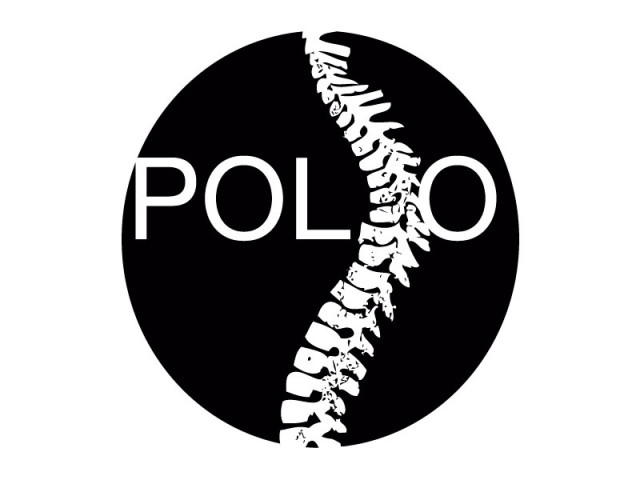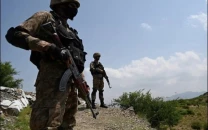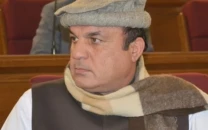After 30-month break: Balochistan joins list of polio afflicted
Provincial health department to hold emergency meeting today.

An 18-month-old girl, Bibi Nazu, resident of Maizai union council in the Qila Abdullah district in Balochistan was found to carry the WPV 1 strain. According to Jawahir Habib, communication specialist for Unicef in Balochistan, the little girl travelled from Karachi to Qila Abdullah in March this year. The family had been living in Karachi for the last four to five years, she added. However, Habib said, officials have yet to determine if the virus came from neighbouring Afghanistan, Karachi or from within Balochistan.
Just last month, Unicef reported that the Wild Polio Virus Type 1 strain (WPV1) still exists in Quetta as samples collected from the sewage system of Takthani bypass in the city suggested the persistence of the virus in the environment. Two polio cases from South Waziristan and Khyber Agency were also confirmed by the National Institute of Health (NIH), Islamabad, on Thursday. The total number of polio cases reported this year now stands at 102. This time last year, the total number of reported polio cases was 21.
The Balochistan health department has convened an emergency meeting in Quetta for today (Friday) to discuss the situation.
The two other cases included Afia, aged 21 months, a resident of the village of Doag Qalle in Wana tehsil of South Waziristan and Fatima, aged 18 months, resident of Akhuntalab village in Barra tehsil of Khyber Agency. The two girls are also carriers of the WPV1 strain.
“The child was missed during the vaccination campaign as the family lived for five years in Karachi and came here four months ago,” an official said on the condition of anonymity. There are two transit points near Karachi and Lesbela district of Balochistan where polio drops are administered to children entering Balochistan while there are six to seven transit points near Quetta.
However, a WHO doctor said the family refused to administer polio drops. “The family lived in Karachi where they had refused to administer polio drops to their children. They also refused the vaccination while living in Qila Abdullah,” the doctor said, requesting not to be named.
However, a health official said there is no record of the child’s vaccination or a refusal from the family and she may have been missed by campaigners. “We do not have any record that a family refused vaccination in the recent campaign in Union Council Maizai of Qila Abdullah district,” he said on the condition of anonymity.
The Express Tribune tried repeatedly to reach District Health Officer (DHO) Qila Abdullah but he did not respond. Health Minister Rehmat Baloch was also unavailable for comment. While most officials refused to discuss the causes of the case, others placed the blame on different organisations and officials for their negligence.
According to Unicef, more than 20,000 families refused to administer the vaccination to their children during the recent campaign on religious grounds. “Around 75 per cent of families were persuaded to administer polio drops. These refusal cases often emerge in northern areas of Balochistan including Quetta, Qila Abdullah and Pishin,” said Jawahir Habib.
As many as 73 cases were detected in Balochistan in 2011 and Qila Abdulla was declared a ‘high risk area’ as it reported more cases than elsewhere in Pakistan at that time.
Last Saturday, the NIH confirmed five cases from North Waziristan agency.
Published in The Express Tribune, July 25th, 2014.



















COMMENTS
Comments are moderated and generally will be posted if they are on-topic and not abusive.
For more information, please see our Comments FAQ